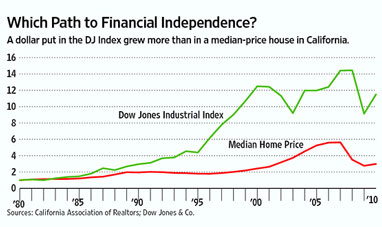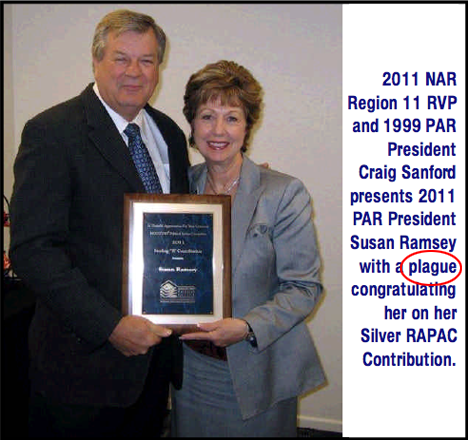I wrote about this in July: The Arizona Association of Realtors wants to buy ARMLS, the Phoenix-area MLS system, in order to create a statewide MLS. This looked like the kind of sleazy insider self-dealing we have come to expect from Associations of Realtors, so I had assumed it was a done deal, all over but the staged performance of voting.
Not so. For some reason, the Southeast Valley Association of Realtors (SEVRAR) voted to decline AAR’s offer — which was at least five cents on the dollar what ARMLS is actually worth, given the notion that Zillow.com is worth a billion dollars.
But: I assume nothing. I have no idea why SEVRAR voted against what was obviously the party line. The cynic in me suspects a shake-down, but I really, really want to believe that some of that Mesa Tea Party spirit has found its way into the NAR.
I left a comment on AAR’s weblog, but so far it has not been moderated. Those folks aren’t interested in hearing from me, anyway. Realtors and brokers from all over the country talk to me about real estate marketing, technology and law, but the local practitioners, to all appearances, have nothing to learn from me. Their loss. Here’s my comment, in any case:
If you were at the SEVRAR meeting on September 9th, I’d love to hear why the sweetheart deal of the century was voted down.



